This article was originally published in Psychology Today on Alan Castel’s blog, Metacognition and the Mind.
Mr. Holmes’ Memory in Old Age: A Case Study
(with additional insights from André Didierjean, Robert Bjork, & Elizabeth Bjork)
Even in old age, Sherlock Holmes is up to his old tricks. But now these tricks involve trying to improve his memory. The recent movie “Mr. Holmes” is about the super sleuth in his old age [spoiler alert: some revealing information about the movie is here to provide context]. Now approaching 94 years of age, his memory is fading, and he is well aware of it, something that is consistent with research on the “older-old”, those who live to 90+ years of age [1]. Thinking about his past, he attempts to set the record straight about his last and most emotional case that set him on his way to what might have been an early retirement. But this is a challenge given his fading memory. He forgets the name of the person in Japan he recently visited, but has learned to combat this failure by writing, and then frequently consulting, the name that he has cleverly written onto his shirt cuff. Concerned for his ability to live independently, his doctor has instructed him that he must keep a journal regarding his more frequent memory lapses. With his dry humor intact, he remarks, “but what if I forget to write down when my memory fails?”
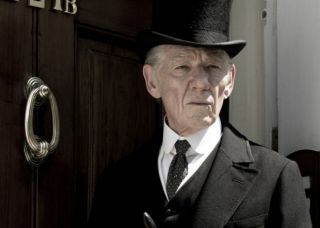
Retired now for some time, his bee-keeping hobby allows him to farm royal jelly, something he hopes will improve his memory. This hobby also allows for an important bond to form between him and Roger, the housekeeper’s inquisitive young boy. Holmes, showing that his knowledge and semantic memory is intact, recalls clearly the important distinction between bees and wasps, and communicates this to Roger, the eager student and apprentice. However, at various times he will forget even Roger’s name, and so has also written it on his sleeve. What made Holmes retire? He clearly states that his last case drove him away from the profession. It would not have been his last case (and thus he would not have retired) if the case had turned out differently, possibly if he was more emotionally attuned to a certain situation. He blames himself for a young lady’s tragic suicide, and the case still haunts him. His goal, before he dies, is to accurately recall the details of the case and document them. He attempts to reconstruct his last case from memory, and this is clearly both an emotional and frustrating task. Holmes is well aware of his failing memory, and has recently returned from Japan with a supply of prickly ash, rumored to improve memory. Not unlike those who seek out various herbal and natural treatments for age-related memory impairments (such as ginko balboa), Holmes is saddened to find the prickly ash does very little to improve his memory.
Sherlock Holmes stories have a lot to do with expertise, learning, and cognitive psychology [2]. Holmes’ ability to engage in his art of deductive reasoning is clearly not at all lost in old age, consistent with some current research on reasoning, wisdom, and cognitive aging [3]. At the wish of young Roger, he performs his famous deductive reasoning regarding where someone was, and what they were doing there: He deduces, with his usual skill and speed, that Roger’s mother has recently accepted a job elsewhere, and plans for Roger to become employed at a hotel in Portsmouth. Holmes is clearly still an expert sleuth. Research in cognitive psychology has shown that experts and novices differ in a number of ways, but one is that experts literally ‘see’ situations in their area of expertise differently relative to novices [4], and this perceptual advantage is one of the keys to experts’ superior performance. Expertise can also make one feel that time is passing more slowly when they encounter something related to their area of expertise [5], perhaps allowing for more time to engage in analytical thinking. However, expertise can also cause one to fill in details with events that while plausible, didn’t actually occur [6]—thus , experts can use reasoning, but this can also lead to false memories of what should have happened, but did not actually happen. Mr. Holmes, quite the contrary, seeks to correct Dr. Watson’s engaging but intentionally inaccurate depiction of his final case, and needs to rely on his own remote memory to reconstruct the details. He uses important clues from the past as triggers to his remote memory: a glove, a bee, and a particular perfume, serve as cues that guide him during his search. An expert can maintain a good memory well into old age, and expertise can sometimes combat normal age-related declines in memory.
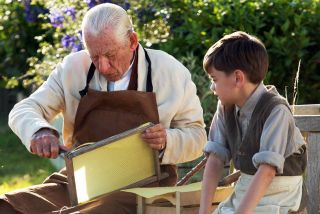
Overall, Mr. Holmes, while a fictional character, provides some accurate evidence and insight about what life is like in old age. He forgets proper names, but with some effort, can remember, and then documents articulately, important events from the past [7]. He forms a family-like bond with his housekeeper and Roger, who may even be a protégé, and bequeaths his farm house and land to them so that they can stay to take care of him, and so that Roger can learn from him and not take a job at a hotel. The last scene of the movie shows how Mr. Holmes now remembers his good friends from the past, using symbolic stones to commemorate them, a custom he recently learned in Japan. Ironically, Mr. Holmes seems to be in better shape at the end of the movie, compared to the beginning, as he has come to terms with the tragic final case. In addition, after Roger’s near-death experience toward the end of the movie, for which Mr. Holmes could have been directly to blame, Holmes deductive reasoning and detective work comes though at a critical time. Mr. Holmes figures out that Roger had not been stung by bees, but rather bitten by wasps, which could turn out to be the final case he solves, and perhaps the most important. However, perhaps a younger Sherlock Holmes would have realized more quickly the clue and importance of Roger not having stingers left in him, especially given an earlier incident of removing a stinger from Roger. Overall, Holmes is still the expert in many forms of reasoning, but now he is clearly more in-tune with his emotions, perhaps because of his awareness that life is finite [8]. Thus, despite a fleeting memory, he still functions well, and perhaps compensates and compliments his fading memory with his ever-inquisitive mind and more emotional heart.
Copyright Alan Castel
References
1. Bäckman, L., Small, B. J., Wahlin, Å., & Larsson, M. (2000). Cognitive functioning in very old age. In F. I. M. Craik & T. A. Salthouse (Editors). The handbook of aging andcognition (2nd ed.)., (pp. 499-558). Mahwah, NJ, US: Lawrence Erlbaum Associates Publishers.
2. Didierjean, A., & Gobet, F. (2008). Sherlock Holmes – An expert’s view of expertise. British Journal of Psychology, 99, 109-125.
3. McGillivray, S., Friedman, M. C., & Castel, A. D. (2012). Impact of aging on thinking. In K. Holyoak & R. Morrison (Eds.), The Oxford handbook of thinking and reasoning. New York: Oxford University Press. (pp. 650-672). New York: Oxford University Press.
4. Chase, W. G., & Simon, H. A. (1973). The mind’s eye in chess.
5. Rhodes, M. G., & McCabe, D. P. (2009). Expertise makes the world slow down: Judgements of duration are influenced by domain knowledge. The Quarterly Journal of Experimental Psychology, 62, 2313-2319
6. Castel, A. D., McCabe, D. P., Roediger, H. L., & Heitman, J. L. (2007). The dark side of expertise domain-specific memory errors. Psychological Science, 18, 3-5.
7. Castel, A. D. (2008). The adaptive and strategic use of memory by older adults: Evaluative processing and value-directed remembering. In A. S. Benjamin & B. H. Ross (Eds.), The psychology of learning and motivation (Vol. 48, pp. 225-270). London: Academic Press.
8. Carstensen, L. L., Isaacowitz, D. M., & Charles, S. T. (1999). Taking time seriously: A theory of socioemotional selectivity. American Psychologist, 54, 165-181.







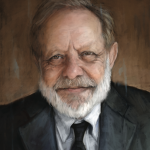




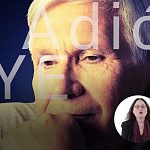
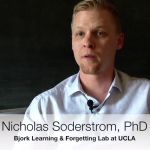

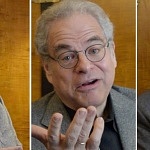

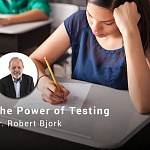
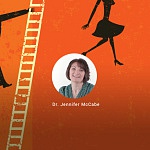
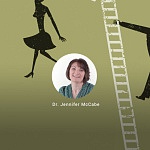


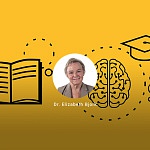

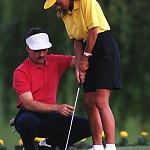
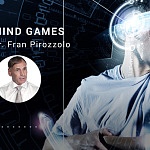






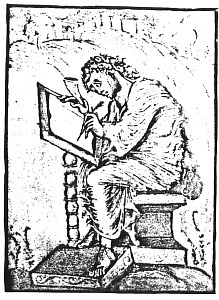
Leave a Reply
You must be logged in to post a comment.